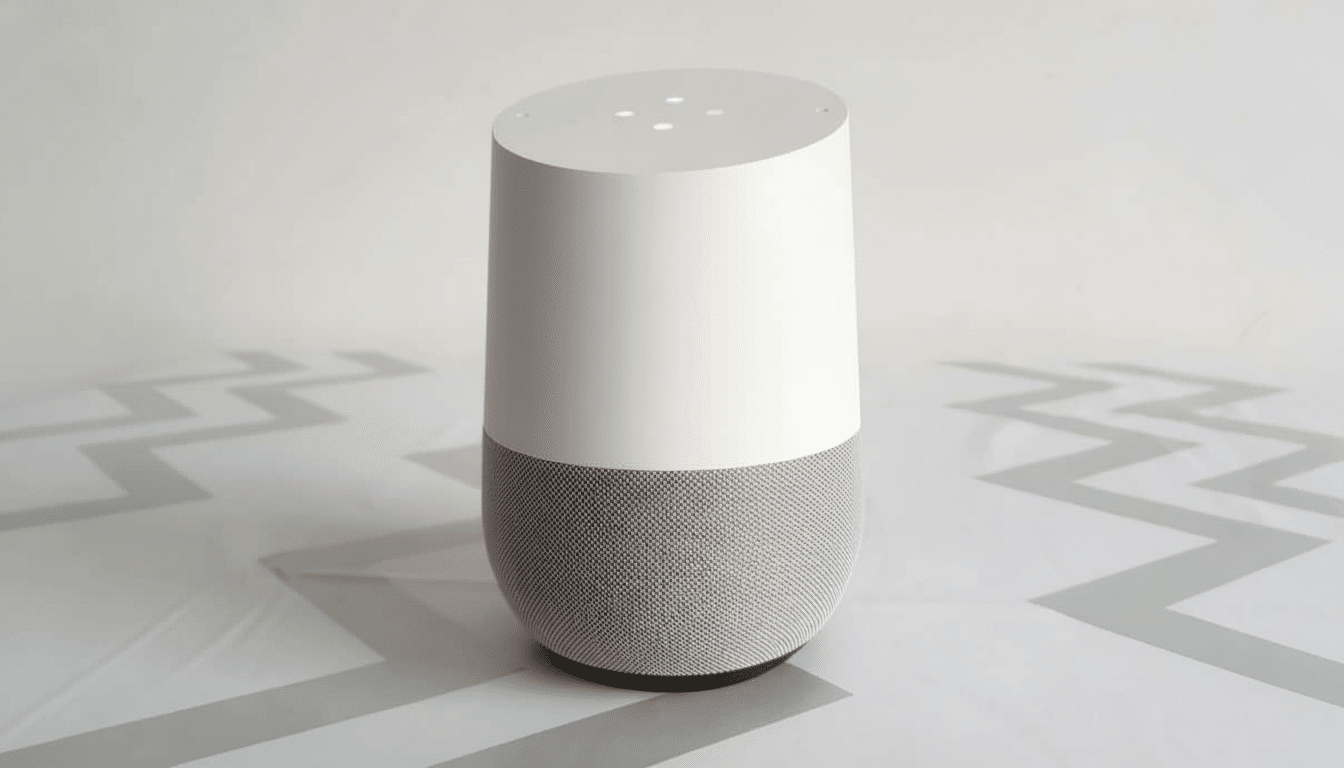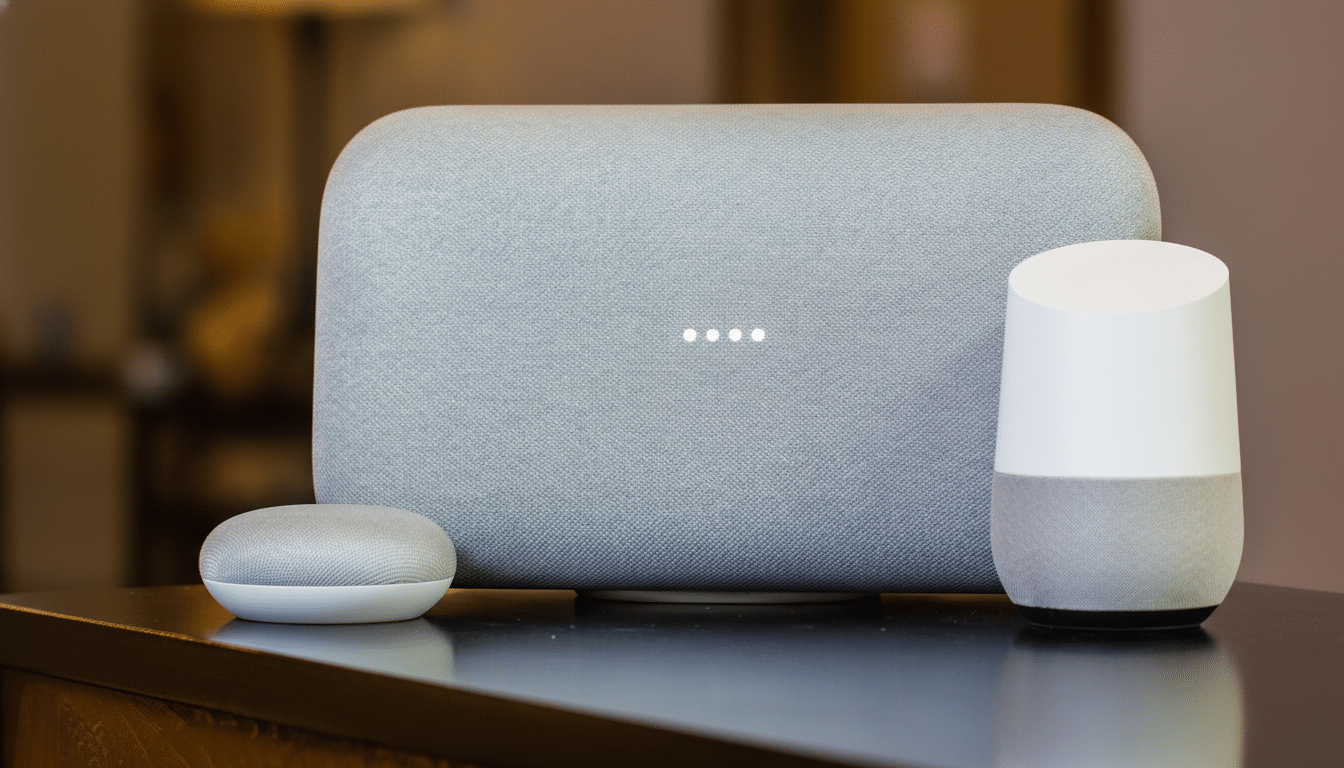I spent years creating a Google Home house. Rooms were charted, routines scripted, every lamp and plug and sensor choreographed through Assistant. That loyalty buys you nothing today. The ecosystem I’d had faith in has stalled; the roadmap’s gone fuzzy, and the “next big fix” keeps slipping further away from many of us — particularly those outside of Google’s favored markets.
The Trust Gap in a Long-Term Smart Home Ecosystem
A smart home isn’t a device you have; it’s infrastructure. Moving in involves wiring habits and daily rhythms into an assistant, then adding hardware over time. That level of dedication requires consistency and clear communication. Google admitted shutting down a list of Assistant features and committing resources to create Gemini from the ground up. On paper, that’s a reasonable reset. In reality, though, it only increased the trust deficit at a time when even those who have stuck around since that initial push were already wondering if they’d ever be made whole again.
- The Trust Gap in a Long-Term Smart Home Ecosystem
- Gemini for Home Isn’t Getting to Everyone
- Hardware Woes, and Also Missed Opportunities
- Meanwhile, Alexa Kept Marching With Consistency
- The Subscription Squeeze on Smart Assistant Users
- Switching Costs Are Real but Not Prohibitive
- My Line in the Dirt on Google Home Loyalty

Reliability has consistently been the No. 1 driver of smart home satisfaction found in studies by research firms like Parks Associates, and the leading reason for churn when it falters. When voice commands stop working in the same corner you’ve barked them at for years, loyalty turns into frustration. I lost my patience the day I learned that said “fix” was not coming to where I live anytime soon.
Gemini for Home Isn’t Getting to Everyone
Gemini for Home was pitched as a saving grace for Google’s long-struggling smart speakers; smarter, more natural conversations; richer context and cleverer device control. But it’s only available in certain regions, and where I am — India — it isn’t on the near-term horizon. That is important, because Google sort of gave up on selling smart speakers here, leaving the shelf to Amazon. The upshot of which is a platform fallacy: the assistant I’ve committed myself to isn’t getting its promised upgrade — while the rival ecosystem just keeps shipping.
Ironically, I have caught glimpses of Gemini’s voice through my old Home Mini, like a sneak preview of what could be. It was enough to demonstrate that the hardware is still alive — and to underscore how it’s policy, not capability, keeping users like me on the outside.
Hardware Woes, and Also Missed Opportunities
Google’s latest speaker is more of a commitment than an actual product. The company is saying the right things about delivering Gemini to current devices, but the hardware story here feels on pause. And it has been ages since the last first-party smart display, in tech time, and there’s still no successor in sight. When your ecosystem is built around voice and visual context, not shipping something new for years is a strategically self-inflicted wound.
Compare that with the relentlessness everywhere else. Even a budget device like the Echo Dot has temperature sensing, spatial awareness, and Eero mesh capabilities packed in. It’s not glamorous, but it is useful. Better to have that unflashy competence than some theoretical upgrade that never comes.
Meanwhile, Alexa Kept Marching With Consistency

And … as a conversationalist, Alexa can be a bit too straightforward for complex queries, but this works perfectly well for lights and plugs and scenes. That baseline competency is what counts when you are only half-awake and hollering for the house to lock up. Add to that it being more widely available in markets like mine, and the pragmatic choice becomes clear, however much I still prefer Google’s AI chops on paper.
The Subscription Squeeze on Smart Assistant Users
There is also the cost of intelligence. Some of the most exciting Gemini features for home users — continuous conversations, richer vision features for security cameras, and contextual follow-ups — are behind a paywall. $10 or thereabouts should get you premium access; $20 for the top AI tier package. Amazon has also teased a paid conversational tier for Alexa, but information is scant and international availability fuzzy.
Paying for value is fine. Paying to unlock the basics you thought you were getting when the company convinced you to wire your life to its platform is a tougher sell. When the free tier fails and the cure cannot be found in my region, a subscription pitch feels like salt on an open wound.
Switching Costs Are Real but Not Prohibitive
Re-homing a smart setup is a pain: rediscover devices, replicate rooms, reauthor routines. Matter helps, at least in theory, with multi-admin support that allows devices to exist within more than one ecosystem. The Connectivity Standards Alliance is positioning Matter as a bridge, but many products lean on cloud logins, vendor hubs, and app-specific peculiarities that can slow migration.
My plan is pragmatic. I’m moving core controls — lights, plugs, and scenes — to Alexa as a much-needed stability measure. I will retain Google services where they still shine on my phone and laptop. I’m recording device names and room naming conventions before switching, combining duplicate automations, and starting with one room as proof of concept to make sure reliability is there before scaling.
My Line in the Dirt on Google Home Loyalty
I continued using Google Home because it was at one point unequivocally better. But leadership consists of showing up, and in too many markets Google has not. Refreshing honesty accompanied the company’s admission that Assistant needed rebuilding; in what seems a common theme, loyal users were left hanging.
Perhaps Gemini for Home ends up sprinting faster than every possible competitor. Perhaps the next Nest display overhauls the category. I’ll gladly return when those maybes are a product I can buy and experience. At least for now, I want the smart home that ships and works and shows up where I live. Now it’s no longer Google Home — and that is the deepest regret of them all.

